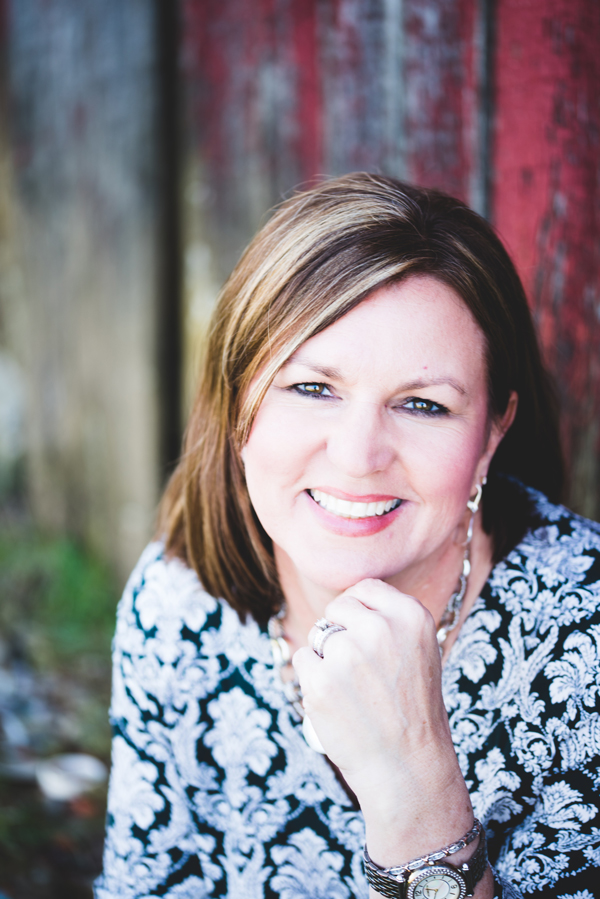“When the king had settled into his palace
and the Lord had given him rest on every side from his enemies,
the king said to the prophet Nathan,
“Look, I am living in a cedar house while the ark of God sits inside tent curtains.”
David’s entire journey to becoming king had been filled with war.
He had literally fought for his title all along the way,
moving the ark of the covenant several times as he battled his way to the throne.
But when the dust settled
and his reign was secure,
David’s eyes were opened,
and what he saw bothered him.
There’s something about being still
that allows us to see things like we’ve never seen them before.
And David, from the comfort of his throne,
saw something that made him uncomfortable.
He was living in a palace.
But God was living in tent.
It’s almost impossible to imagine today.
God’s presence limited to an area wrapped in fabric walls.
But while David sat on the throne,
God dwelt in an ark.
This bothered David.
He wanted to fix this discrepancy –
Create the proper kind of home in which the Lord of Heaven and Earth could dwell.
But God said, “No.”
David’s desire was not wrong.
But his timing was.
Later in David’s life he recounts this memory,
“I had it in my heart to build a house of rest for the ark of the covenant of the LORD
and for the footstool of our God,
and I made preparations for building.
But God said to me,
‘You may not build a house for my name,
for you are a man of war and have shed blood.”
I Chron. 28:2-3
Even though the battles David had fought were for God,
and even though the blood he had shed was in the name of God,
he had lost his right to be build the temple.
God gave this job to David’s son Solomon,
and peace filled the kingdom during his reign.
_______________________________________
David could have questioned God’s “No,”
justifying the battles and making sense of the wars.
After all, God was the one who had led the way,
wanting all nations filled with false gods
completely removed from the land.
But David doesn’t try to reason with God.
He does something else instead.
Something that affirmed he truly was “a man after God’s own heart.”
David went to the tent,
the place where God’s presence was dwelling,
and sat with Him there,
saying,
“Who am I, Lord God,
and what is my house that you have brought me this far?”
David didn’t question God’s, “No.”
Instead, he humbly sat with God and wondered why God had allowed him to come so far.
David took a “No,” and turned it into a time of praise.
He laid down his own desire in exchange for God’s.
No grumbling.
No complaining.
No tearing down of his own worth
as God went on to say the one who would build the temple would come later.
No.
David chose to take this time to acknowledge God’s sovereignty.
“This is why you are great, Lord God.
There is no one like you, and there is no God besides you.”
David accepted God’s “no,” and at the very same time,
praised Him for it.
I’ve experienced some “No’s” in my own life.
Times when I felt sure the thing (or the healing) I desired would bring more glory to Him.
But for whatever reason, God did not.
My timing was not His.
I’m sure I’ll experience many more “No’s” along the way.
How will I respond?
I want to be like David.
I want to have enough trust in God’s view of my life to join Him exactly where He is in it.
Not where I think He wants or needs me to be.
When He says, “No,”
I want to sit with Him right there,
in the middle of all my questions,
and praise His name for what He’s already done…..
and what He still has to do………
through me
or through someone who will come long after me.
For my thoughts are not your thoughts,
neither are your ways my ways,
declares the Lord.
As the heavens are higher than the earth,
so are my ways higher than your ways
and my thoughts than your thoughts.
Is. 55:8-9











 In December of 2007 as our youngest son, Nick, was fighting brain cancer, I began to blog. Writing provided a way for me to release all of my questions, fears, and doubts. It also allowed me to share the ups and downs of Nick's journey with people who were praying for him all over the world. When Nick went Home in November of 2008, my blog became my way of searching for God in the midst of my deep heartache. My heart was broken and grief brought to the surface every emotion imaginable. Being able to release those emotions through my writing brought a sense of purpose to my pain. Having already walked the road of grief in 1992 when we lost our daughter to SIDS, I knew I needed a way to keep from falling into a pit of depression and despair. I had walked close to the edge of a bottomless pit when we lost our daughter,and I knew I couldn't let myself get that close to the edge again. This blog has been and continues to be my tiny corner of the world where I can share My Heart as I journey through God's Word.......thus the name........ My Heart His Words. Thank you for taking time to share life with me. If we do not meet while here on earth, I look forward to hearing all about your life when we reach our final destiny.........Heaven! Email me anytime at
In December of 2007 as our youngest son, Nick, was fighting brain cancer, I began to blog. Writing provided a way for me to release all of my questions, fears, and doubts. It also allowed me to share the ups and downs of Nick's journey with people who were praying for him all over the world. When Nick went Home in November of 2008, my blog became my way of searching for God in the midst of my deep heartache. My heart was broken and grief brought to the surface every emotion imaginable. Being able to release those emotions through my writing brought a sense of purpose to my pain. Having already walked the road of grief in 1992 when we lost our daughter to SIDS, I knew I needed a way to keep from falling into a pit of depression and despair. I had walked close to the edge of a bottomless pit when we lost our daughter,and I knew I couldn't let myself get that close to the edge again. This blog has been and continues to be my tiny corner of the world where I can share My Heart as I journey through God's Word.......thus the name........ My Heart His Words. Thank you for taking time to share life with me. If we do not meet while here on earth, I look forward to hearing all about your life when we reach our final destiny.........Heaven! Email me anytime at 
